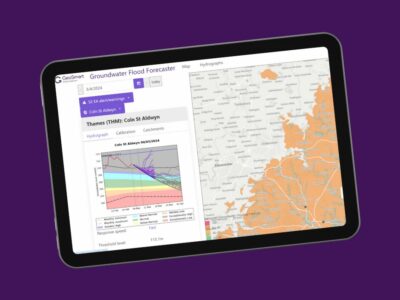What is a Basement Impact Assessment?
A BIA reviews a proposed basement development and its impacts on the site and local area.
Basement development can raise some concerns – there is a potential for development to cause issues with groundwater levels and surface water/sewerage flooding, as well as the possibility of a loss of local environmental features such as gardens, trees, and biodiversity.
You will need to ensure your proposed basement development is appropriate and that policies have been met where required.
Basement Impact Assessment
- Screening Assessment
- Concise technical report
- Consideration of groundwater and surface water flows
- Recommendations for further work
There are several stages to a BIA:
1. Desktop screening report
This is produced initially to assess the impacts of the proposed development on surface water and groundwater flow and levels. This process aims to identify potential matters of concern and determine whether a full BIA will be required.
This stage can result in planning permission being permitted.
2. Site Investigation
The initial report will need to be followed up with Site Investigation and further works if required.
3. Impact Assessment
This includes the evaluation of direct and indirect implications on the Site.
4. Local Authority review
The works undertaken should be reviewed by the Local Authority. They will then provide their decision and recommendations on the proposed basement development
Frequently Asked Questions
It should be noted that there is no national guidance on how to produce a BIA, so you will need to review your Local Authority’s guidance closely. GeoSmart can assist you with this.
Local Authorities will have their own requirements for the assessment – GeoSmart have worked on a number of basement impact assessments across the country, though London boroughs tend to be the most concerned and stringent.
Site Investigation will more than likely be required to present evidence on the initial findings. This could include:
- Groundwater monitoring
- Trial pits
- Boreholes
London Boroughs make up much of this list. Research by Newcastle University has showed that Hammersmith and Fulham, Kensington and Chelsea, and Westminster have had the most basement developments on record in London, so it’s likely they will require a BIA to be submitted with your planning application.
This will depend on your Local Authority’s planning requirements as well as the development itself.
GeoSmart can usually complete the initial desktop screening BIA report within 3 weeks from receipt of all required drawings, information, and payment.
Further works and their timescales will depend on what is required.

Still have questions? Chat to our friendly team today
We value the quality of all that we do as critically important and our team is goal oriented
Gregory Gray
Gregory Gray Associates
Fusion Food Court







